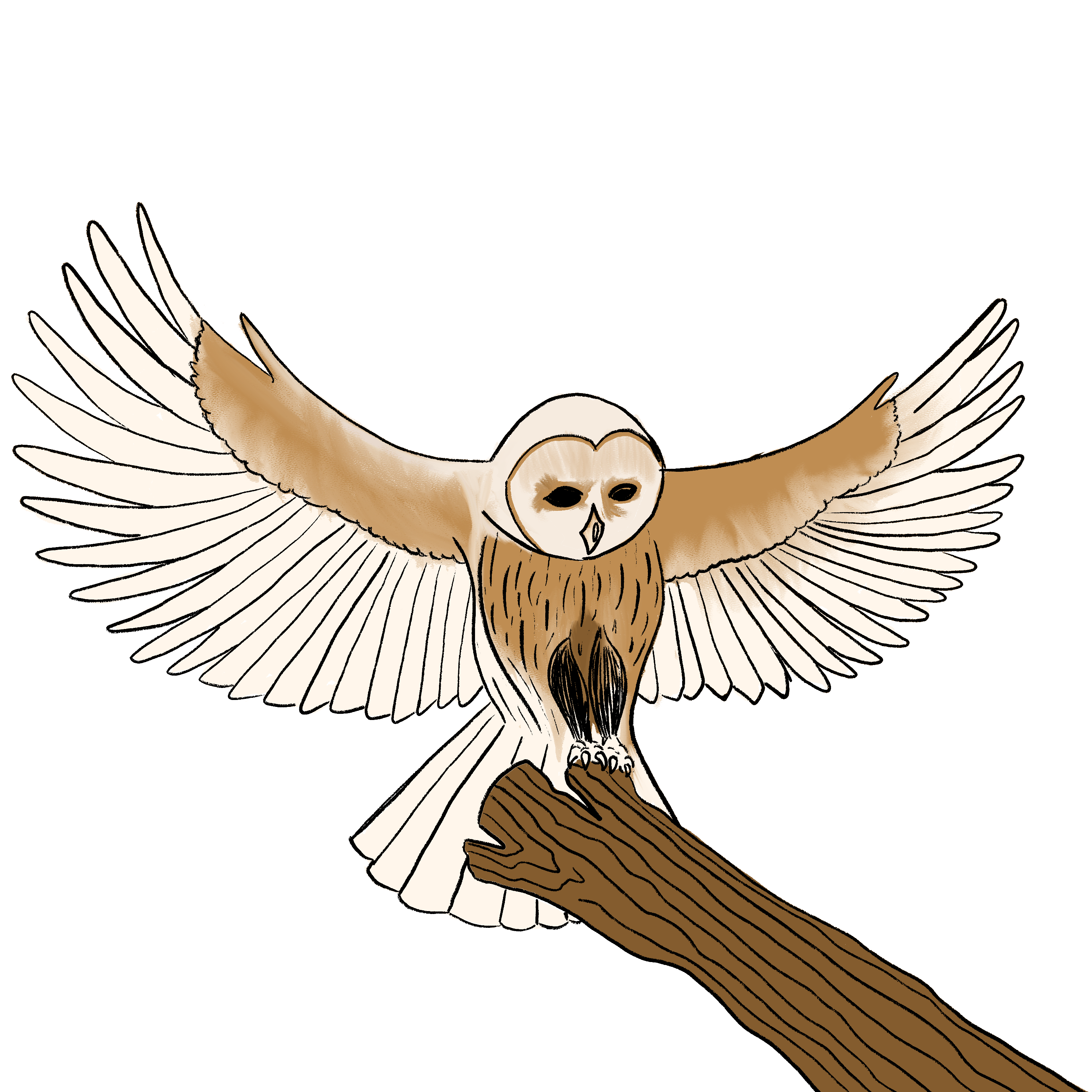
How to start a new career in Customer Experience
By Erica Beyea on Support from March 21, 2024
Changing careers can be challenging, but it can also be very rewarding.
I changed careers a couple of times in my thirties and eventually found myself in the Software as a Service (SaaS) industry as a Customer Experience (CX) professional.
Many friends and acquaintances have asked me how they might make a similar career shift, which inspired me to write a small series of articles about how I and others transitioned into CX.
CX encompasses both Customer Support and Customer Success, but this first article focuses mostly on Customer Support (though the terms “CX” and “Support” will be used somewhat interchangeably throughout the article).
What the heck do CX professionals actually do?!
Many people outside of the CX profession don’t understand what it actually entails, which is understandable!
After I got my first CX job, people would ask me how I learned programming (I didn’t) or if I had a company phone installed in my apartment (I didn’t provide phone support).
Eventually, I learned how to succinctly describe my role like this:
“You know that chat bubble you see on some websites? That’s me!” 😊
At a fundamental level, Customer Support jobs involve chatting with customers to solve their problems.
In a SaaS context, support is usually provided via live chat and email, though some roles do include phone support as well.
There can be many other aspects of a Support role, but talking with customers to solve their problems is the foundation.
But what does that actually look like?
Types of SaaS support conversations
If you derive joy from helping others, then you’ll likely succeed in a SaaS CX role. Folks who work in CX are generally some of the kindest folks you’ll ever meet.
Below I’ll highlight some of the many types of conversations SaaS Customer Support professionals manage and how the skills you’ve developed in non-CX roles could be useful.
Teaching customers how to use a product:
The ability to break down complex processes into simple steps and to clearly explain those steps in writing are essential skills for CX professionals to have.
The communication skills you’ve developed in a non-CX role will likely make you well-equipped to handle the various types of queries SaaS Customer Support professionals help with!
Have you ever taught others how to do something in a professional or personal context? You may have done something along the lines of training a new hire at work or teaching your grandparent how to use FaceTime. If so, you already have some of the skills that are necessary to succeed as a CX professional.
Additionally, if you’ve ever had to learn how a product, system, or process works (e.g. a Point of Sale system or a photo editing app), there’s a good chance you’ll be able to also learn the ins and outs of a SaaS product well enough to help others with it.
Handling complaints:
If you have worked any customer-facing job, you definitely have some experience handling complaints. In my past roles as a bartender, retail employee, art teacher, and door person at concert venues, gracefully accepting feedback was a big part of the job. Think of the skills you’ve developed from handling complaints in past jobs, such as active listening, empathizing, and creative problem solving. There are a ton of different ways to handle complaints or unhappy customers, and all of them will likely be useful in a SaaS Support role.
Troubleshooting technical issues:
How this connects to non-CX jobs may be a little less obvious, but there are loads of connections to be made here. Listening carefully and being patient with frustrated customers (i.e. customer service 101) is integral. It is most important that you can be thorough and can follow a process of testing and reporting on issues.
Each company has different processes, and no one expects you to know them before you’ve received training. If you can thoroughly pay attention to details and follow processes, then you have what it takes to tackle technical tickets.
Also, if you’re good at coming up with creative workarounds, this will be helpful with resolving technical issues. How are your Macgyver skills? Do you have any experience with solving problems in unexpected ways?
The technical knowledge will come over time. Every product is different, so even the most experienced CX worker needs time to learn the ins and outs of the product they’re supporting.
Handling billing inquiries:
Handling billing inquiries often requires more than just learning about the billing system and how to issue a refund or give a discount—it often also requires walking the fine line of keeping both customers and the company you’re working for happy. Thankfully, I’ve only worked at places that have given me a lot of autonomy and trust, so I’m able to err on the side of generosity.
Skills you may have developed in other jobs could be helpful here, such as balancing competing priorities, making quick judgment calls, offering prompt and empathetic solutions to customers, and being conscientious about financial matters.
A few “soft” skills that hiring managers look for
Strong writing skills:
The ability to communicate effectively in writing is pretty integral in this work. Even if you’ve never written in any kind of professional capacity, you can still highlight your writing skills.
Curiosity:
Curiosity is a quality that will be helpful in many CX situations, including: investigating technical issues, getting to know the needs of your customers, learning how to use a product, and more!
Ability to triage or prioritize:
You will need to make choices on what gets your time and attention. A phrase that’s been tossed around a lot at KnowledgeOwl lately is, “You can do everything, just not all at once.”
You’ll sometimes be faced with way more conversations than you can possibly process in one day, so you’ll need to be able to prioritize them to make the most of your limited time.
If you’re a bartender or server, a major part of your job is making choices in who to serve first to ensure you're as effective with your time as possible. You're constantly having to reprioritize and juggle the many tasks you need to do.
Alternatively, if you’re in a teaching/childcare role, there are many situations that require you to make prioritization decisions. For example, do you help one child get their snowsuit on before their parents pick them up, or do you first set up a quick activity for the rest of the kids and then help the one child?
I don’t think there is a job that doesn’t require making decisions about priorities. Think of examples in your own past that you can speak to when applying for your first CX job.
A few resources and tips on finding CX jobs to apply to:
You can find links to various jobs boards in the Support Driven and ElevateCX Slack communities. Sign up to Slack (it’s free) and request an invite to those spaces. If you reach out for some help in these communities you may be surprised at how willing people there are to give you some guidance. They do work in CX after all, so they're natural helpers! Be sure to look through various channels and conversations too, there may be places you can help or participate in the conversation.
Professional Helpers Weekly Job Drop is worth subscribing to, and Support Human’s Job Board is great.
As you find job postings that look interesting, look closely at what they’re asking for. Can you demonstrate how your unique background can speak to what they are looking for? It might not be obvious at first, but if you look closely, you’ll find some connections.
Go line by line and try to squeeze out the information that’s tucked away in there. If they’re asking for someone with experience in online chat support, experience with in-person customer service is definitely worth mentioning as well as any writing experience you might have.
You can create a convincing cover letter by cobbling together different experiences that speak to what they’re looking for. Your unique background may very well be a huge asset. Many hiring managers value workers who don’t have a traditional background in CX.
Another way to find jobs to apply to is thinking of all the different software products you use and looking at their Careers pages. Not all jobs are posted on job boards, and you might just luck out with the timing. When you work in CX, you’ll need to know the product inside and out, so beginning with a product you already use and enjoy will keep you interested enough to learn it well. In your cover letter, you can speak directly about your experience as a customer of that product, which can help your application stand out.
Beyond specific software you use, you can also look for companies that align with your interests. What other interests do you have? There’s likely software related to it.
Are you a visual artist? Look at portfolio building platforms.
A musician? Look at recording and streaming software.
A filmmaker? There are many different video editing software companies out there!
A teacher? Ed Tech is a massive industry.
This article is far from an exhaustive list of skills that can transfer to a CX role or CX-related resources. If I left out anything that would make this article more helpful, feel free to let me know and I’ll gladly include it.
I’ll be back with part 2 of this series next month! In the meantime, best of luck in your job search and journey into CX!


Writing docs
(225)

General posts useful to all documentarians about writing documentation, editing and publishing workflows, and more.


Feature spotlight
(11)

Your flight plan for how to get the most out of KnowledgeOwl features and integrate them into your workflows.


Announcements
(21)

Major KnowledgeOwl company announcements.


Customer stories
(8)

Learn how others are using KnowledgeOwl & get pro tips on how to make the most of KO!


Company culture
(36)

Find out more about who we are and what we value.


Support
(58)

We believe good support is the foundation of good business. Learn about support tools and methodology.


Tools
(40)

Learn more about tools to solve various documentarian issues, within and beyond KnowledgeOwl.


All
(344)

Not sure what category you need? Browse all the posts on our blog.

Got an idea for a post you'd like to read...or write?
We're always looking for guest bloggers.
Learn moreStart building your knowledge base today
- 30 days free (and easy to extend!)
- No credit card required
- Affordable, transparent pricing
- No cost for readers, only authors
Want to see it in action?
Watch a 5-minute video and schedule time to speak with one of our owls.


